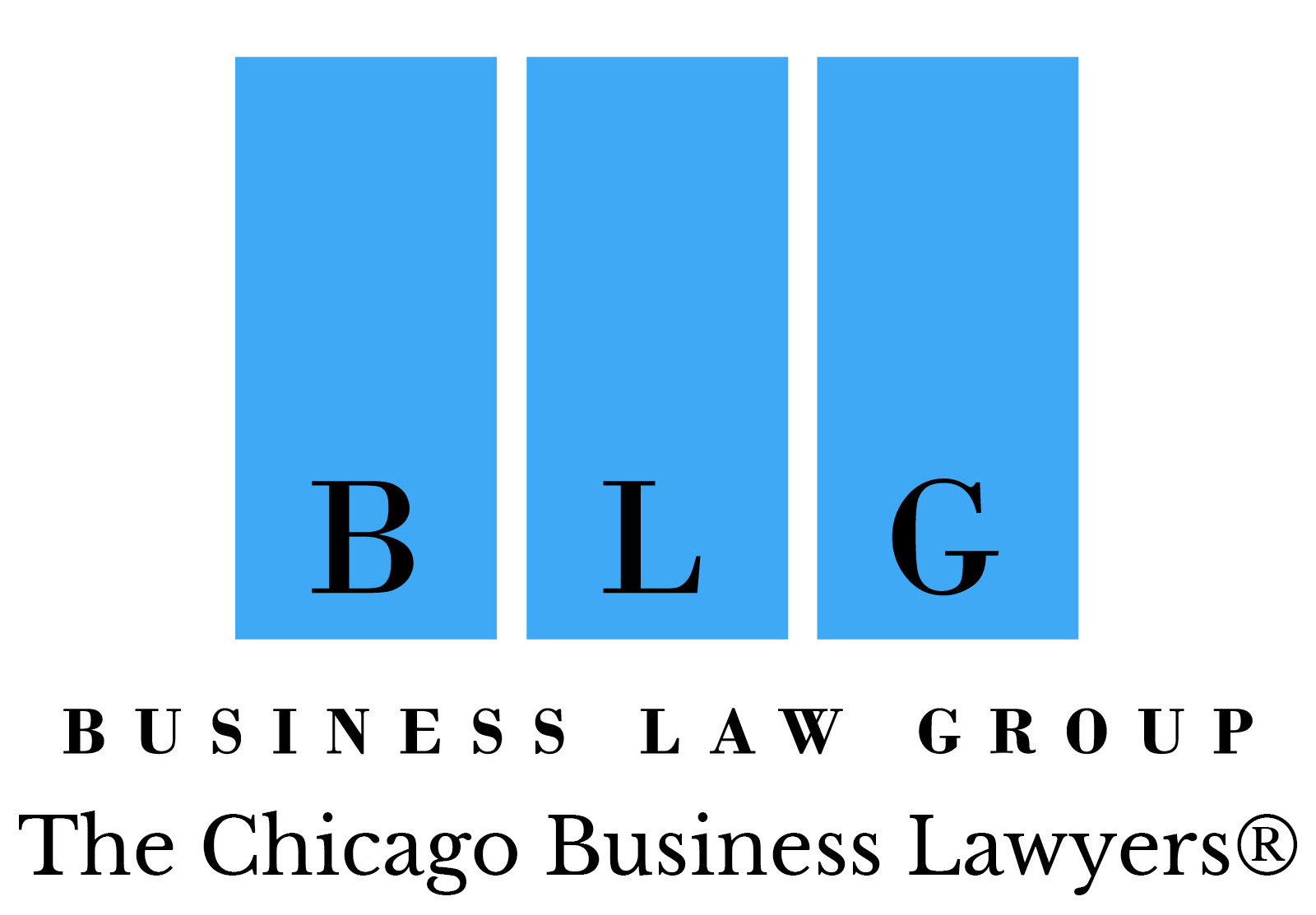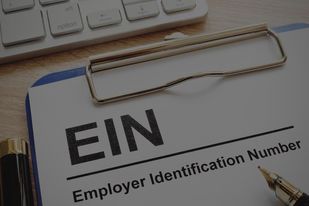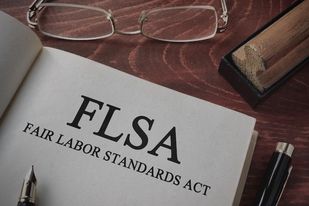Posts by Judaea Bradford
Operating Agreements for LLCs
With all business entities, there are certain documents that need to be drafted at the time the entity is formed. In a previous article, we discussed the importance of a shareholder agreement, which owners of a corporation, known as shareholders, should enter into at the time the corporation is formed. When forming a limited liability…
Read MoreFederal Employment Identification Number
When forming a new business entity, there are several tasks that must be performed prior to operating the ne w entity. One of those tasks is applying for and obtaining a Federal Employment Identification Number (“FEIN”) for the new business. FEINs for businesses are analogous to social security numbers for individuals. FEINs are unique nine-digit…
Read MoreShareholder Agreements: Oral vs. Written
When forming a corporation, the owners, known as shareholders, should enter into a shareholder agreement that clarifies their rights and obligations as shareholders. A written shareholder agreement should make the terms of the agreement clear for the resolution of any future issues. While generally disfavored, upon proving several factors, Illinois courts may enforce oral shareholder…
Read MoreBusiness Entity Formation
When you start a new business, one of the first decisions is the type of entity. Most small or medium sized businesses are limited liability companies (“LLC”) or sub-chapter S corporations. Both are designed to limit the liability of their owners. An LLC is owned by members who may manage the company directly or delegate…
Read MoreFLSA Overtime Exemptions: Professional Exemption
We previously discussed the Fair Labor Standards Act’s (“FLSA”) requirement for overtime compensation and the potential applicability of multiple exemptions. One of the FLSA exemptions is the professional exemption. There are two types of exempt professional employees: learned professionals and creative professionals. To determine whether an employee qualifies for the learned professional exemption, a detailed…
Read MoreFLSA Overtime Exemptions: Administrative Exemption
We previously discussed the Fair Labor Standards Act’s (“FLSA”) requirement for overtime compensation and the potential applicability of multiple exemptions. One of the exemptions is the administrative exemption. Neither job title nor payment of wages via a set salary are sufficient to qualify an employee for the administrative exemption. Rather, a detailed factual analysis must…
Read MoreEmployee Overtime Compensation
Did you know that employers may be legally required to pay overtime compensation to employees even if they are paid on a salary basis? There are both federal and state statutes protecting an employee’s right to receive overtime compensation including, the Fair Labor Standards Act (“FLSA”) and the Illinois Minimum Wage Law (“IMWL”). Employers who…
Read MoreEmployee Classification: W2 Employee vs. 1099 Contractor
Are you an employer with W2 employees and/or 1099 contractors? If so, do you understand the importance of accurately classifying workers as W2 employees vs. 1099 contractors? There are different tax ramifications to both the employer and the individual as a result of that classification. With W2 employees, you are required to withhold certain taxes…
Read MorePaycheck Protection Program (PPP) Loans
Do you own, manage or work for a small business? If so, you should be aware of the Paycheck Protection Program (“PPP”) loans made available by the recent stimulus package. On December 27th, 2020, the President signed the “Consolidated Appropriations Act” (“Act”) into law. Of the $900 billion included in the COVID relief package, $284…
Read More








